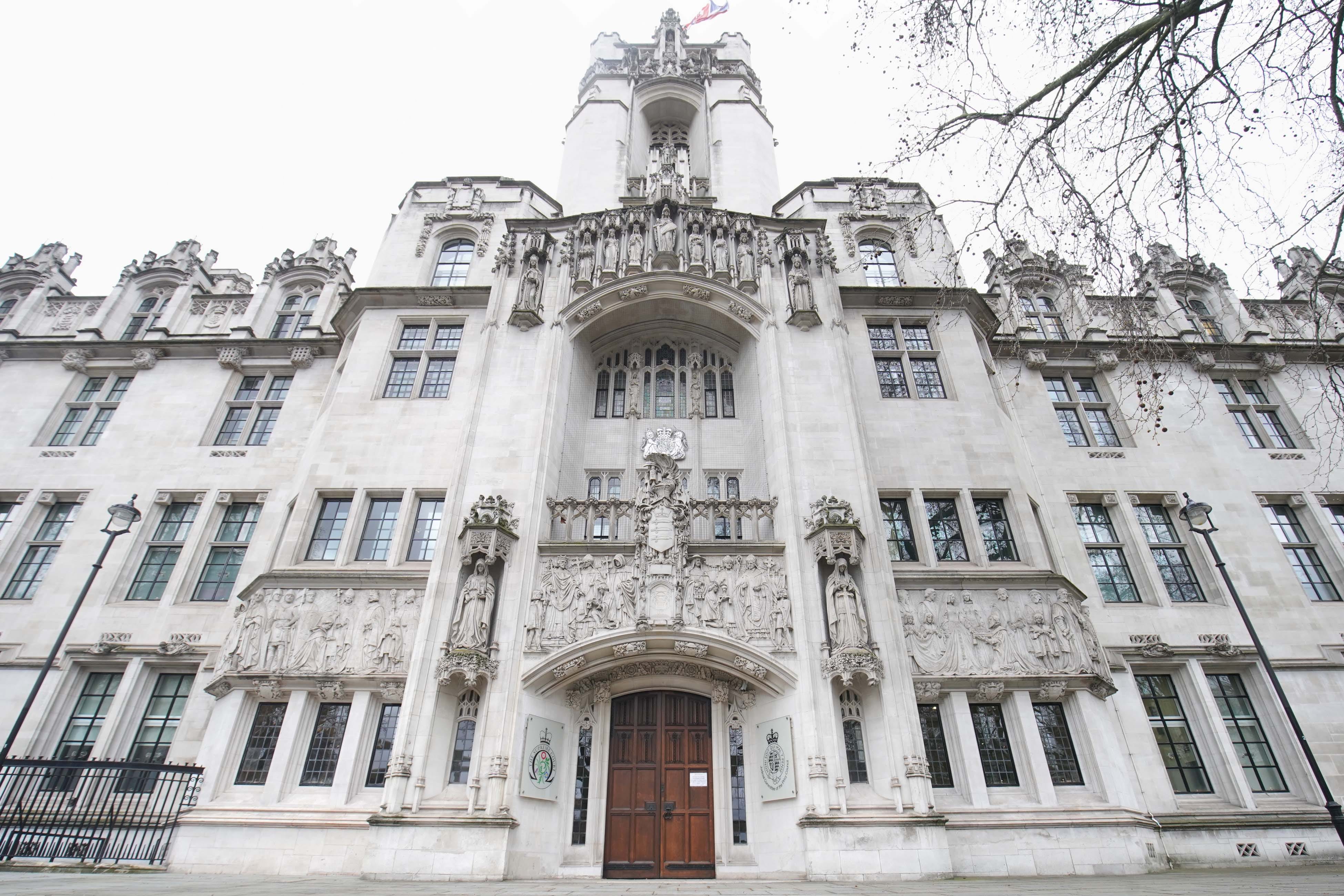
The UK Supreme Court will deliver a landmark ruling on the legal definition of a woman, a decision stemming from a challenge by women’s rights campaigners against Scotland's gender representation laws.
The case, brought by For Women Scotland (FWS), contests the inclusion of transgender women with Gender Recognition Certificates (GRCs) within the 50% female quota mandated for public boards.
At the heart of the dispute is the interpretation of "woman" under the 2010 Equality Act.
FWS argues that decoupling the definition of sex from its "ordinary meaning" could have significant ramifications for sex-based rights and access to single-sex spaces such as restrooms and hospital wards. The group contends that the current interpretation undermines the intent of the legislation designed to ensure female representation.
The Supreme Court's decision will have far-reaching implications for how sex and gender are legally defined and applied across various aspects of UK law.
The matter first came to court in 2022, when FWS successfully challenged the Gender Representation on Public Boards (Scotland) Act 2018 over its inclusion of trans women in its definition of women.
The Court of Session ruled that changing the definition of a woman in the act was unlawful, as it dealt with matters falling outside the Scottish Parliament’s legal competence.
Following the challenge, the Scottish Government dropped the definition from the act and issued revised statutory guidance – essentially, advice on how to comply with the law.

This stated that under the 2018 Act the definition of a woman was the same as that set out in the Equality Act 2010, and also that a person with a GRC recognising their gender as female had the sex of a woman.
FWS challenged this revised guidance on the grounds sex under the Equality Act referred to its biological meaning, and the Government was overstepping its powers by effectively redefining the meaning of “woman”.
However, its challenge was rejected by the Court of Session’s Outer House on December 13 2022.
The Inner House upheld that decision on November 1 2023 – but did grant FWS permission to appeal to the UK Supreme Court.
The appeal at the Supreme Court before Lord Reed, Lord Hodge, Lord Lloyd-Jones, Lady Rose and Lady Simler was heard last November and, after the two-day hearing, the judges said they would “take time to consider very carefully” before issuing their judgment on April 16.
When FWS’ legal argument was published ahead of November’s appeal, director Trina Budge said: “Not tying the definition of sex to its ordinary meaning means that public boards could conceivably comprise of 50% men, and 50% men with certificates, yet still lawfully meet the targets for female representation.
“However, the ramifications of this case are much more far-reaching and all sex-based rights protected by the Equality Act are at risk.
“The stakes are high and the court’s decision will have consequences for everyday, single-sex services such as toilets and hospital wards.
“It will determine whether a pregnant woman with a GRC is entitled to maternity leave, what it means to be same-sex attracted, and whether a man with a GRC’s entitlement to join a group of lesbians takes priority over their right to freely associate with only women.
“Trans rights are protected under the separate category of gender reassignment but, to fully guarantee women’s rights, it is increasingly clear that a consistent, biological and factual understanding of sex is the only workable solution.”
During the hearing, Ruth Crawford KC, representing the Scottish Government, said a GRC affected a “change in legal status”, and that someone with a GRC “becomes recognised as belonging to, or becoming, the sex of their acquired gender”.
She added: “We submit there are only two sexes or genders, and a person whose sex becomes that of a man or woman in consequence of a GRC belongs to that sex, and will have the protection afforded under the Equality Act”.
The Scottish Government said they were unable to comment on live legal proceedings.
Kentucky's first female chief justice credits Appalachian upbringing for her commitment to fairness
Trump officials must testify after doing ‘nothing’ to return Kilmar Abrego Garcia
Indiana Supreme Court sets May execution for man convicted of killing police officer
William put through emotional wringer watching Aston Villa in Champions League
Heavy rain as unsettled weather hits ahead of Easter
Manchester Arena bombing survivor ‘broken’ by plotter’s prison attack







